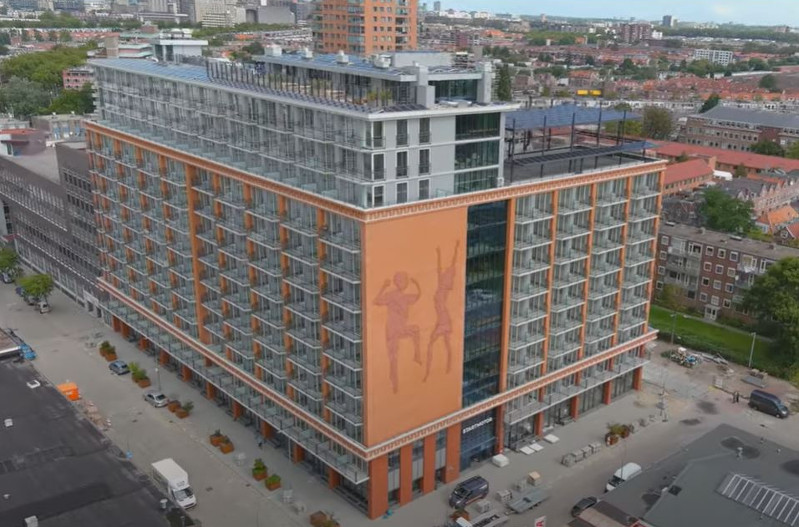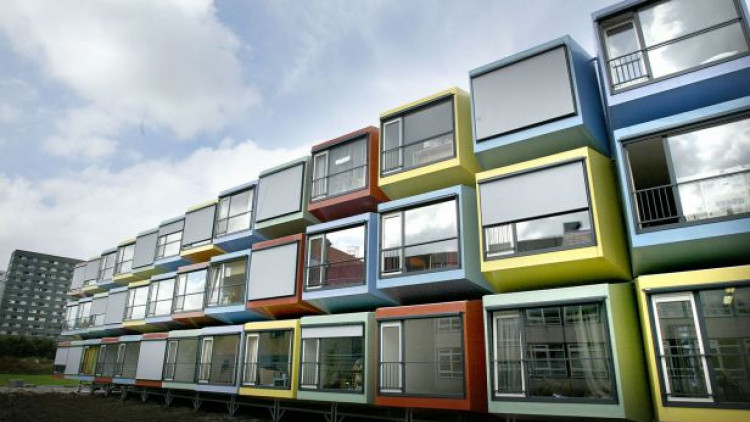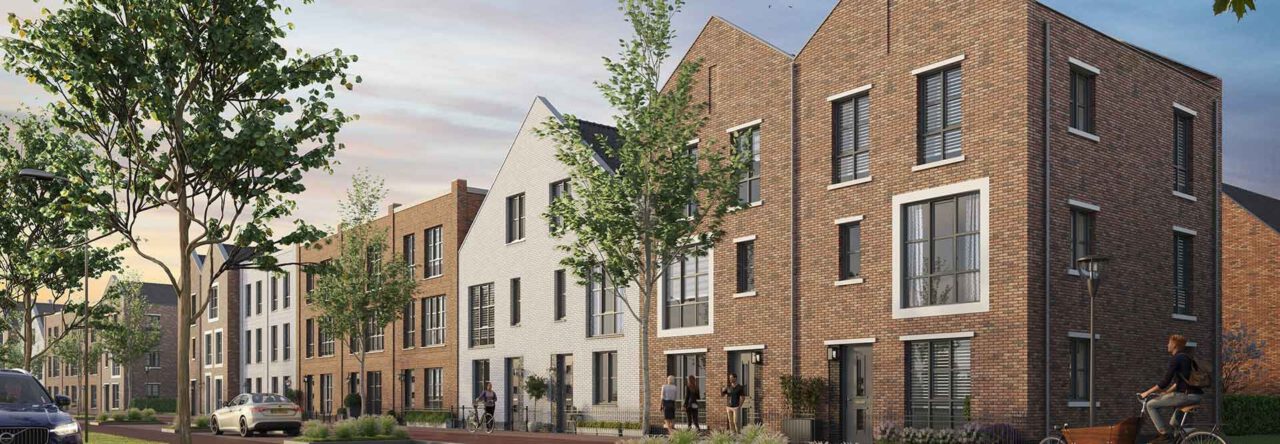Hey everybody! My name is Bas and this is the Dutch Home Guide! The Dutch Home Guide will cover all the major problems that are at play in the Dutch housing market right now, and how this affects young adults. Also, we will discuss how you as a young adult can increase your chances of getting a house as a young adult, how you can save money on your household, where new construction projects will be developed, and much more! In this article, I will introduce myself to you and explain why I started the Dutch Home Guide.
Welcome to the blog!
Great to see that you are reading the very first blog! As previously mentioned in the preface, my name is Bas and I am 26 years old. My whole life I have lived in the town of Maassluis, near Rotterdam. Currently, I am studying commercial economics in Rotterdam and I just moved into my very first apartment a couple of months ago.
Moving to my new place was a hectic time. I had to move all my stuff and get myself a lot of new furniture from secondhand stores and IKEA. Besides that, I also had to arrange a lot of tax matters and close off contracts for various things like internet and electricity. Arranging all of this was pretty hard for me. To illustrate this: I forgot to pay some taxes and got reminded about that with a fine and friendly reminder in my mailbox some time later. Also, getting the apartment itself was not that easy.

How I got my social housing apartment
I managed to get my apartment through a housing corporation. Housing corporations are organizations that rent out or sell social housing. Want to learn more about this topic? Than read my blog about “Social housing and how to apply for it“.
You have to register for social housing in order to apply for their homes. The longer you are registered, the more waiting time you acquire. And, the more waiting time you have, the greater the chance that you will get a home. For example, five years ago I registered with the housing association Woonnet Rijnmond, a corporation that rents out social housing in the Rotterdam region. This is the corporation that assigned me my apartment.

The problems I faced with finding a house
After being registered for four years, I started looking for houses. To my surprise, I discovered that after four years I still could not apply for any house. I had built up too little waiting time to be a serious contester. Often more than 800 people applied for a house and then I always ended up around the 100th place. This sounds good, but it wasn’t. Only people that end up in the top 10 have a serious chance on getting the house. So after four years of waiting I still had no chance of getting a house.
After five years my waiting time was still too little. But luckily, there are also priority rules, which give you bonus points on your waiting time. Thanks to these priority rules, I did have a chance on getting a house. For the apartment I am living in right now, they had the rules set up that you already had to live in Maassluis and that you had to be 27 years old or younger. These were both rules that I complied with. In this way, I got put at the top of the waiting list and got assigned the apartment.
The problems on the Dutch housing market
I was actually quite lucky that I only had to wait five years before I got myself a social renting home. The average waiting time for social housing in the Netherlands is currently more than seven years. The reason for this is that there is an extreme housing shortage. At the moment, there is approximately a shortage of 330.00 houses in the Netherlands. This not only applies to social housing but also to the private rental sector. The most important factors that led to this shortage are the financial crisis of 2008 and the nitrogen crisis that is unfolding right now.
As a result of this shortage, the selling prices as well as rent are skyrocketing right now. Fewer and fewer people can afford a house and are forced to continue living in their current residences. Also, because of this shortage, landlords are taking advantage of the situation and asking for a ridiculous amount of rent for their houses. For example, a landlord in Schiedam demanded €1200 per month from his tenants. In reality the apartment was only worth a rent of approximately €600 per month.

What these problems mean for young adults
For young adults, the problems of not being able to get a house are even greater. I had to wait for five years before I was able to get a home as well. And even then, I was only able to do so with a stroke of luck since I qualified for the priority rules. What happens is that most young adults don’t have the budget to buy or rent a house in the private rental sector. What comes on top of that is that after students finish their studies, they are often left with a student debt. As a result students with a debt can get less mortgage, which makes buying a house even harder.
Like me, students can also try to get a house in the social housing sector because these housing prices are regulated by the government. But as I explained earlier, the waiting time for social housing is incredibly long. This long waiting time often results in students being already done with their studies and are working full-time. When this happens, they often earn to much money to be eligible for social housing.
At the end of the day, students are the biggest victims of the housing shortage. They barely have options to buy or rent a house. This results in that they are stuck in their student homes or are forced to live with their parent(s) for many more years before they can move out.

Dutch Home Guide is here to help!
Young adults are therefore the biggest victims of the housing shortage. The housing market is already very complex in itself and now we also have to deal with this difficult problem. Because this problem really affects me and I have experienced how difficult it can be to get a house, I would like to use my experience to help other young adults find a house as well. Therefore, I decided to create Dutch Home Guide to help you out with this problem!
From now on, new stories will be posted regularly on this blog. Most blogposts will go about the housing market. But, for example, also about how you can save money on your household. The first blog “Types of housing in the Netherlands” is already online. Read it now and find out more about what options you have to start living on your own.
